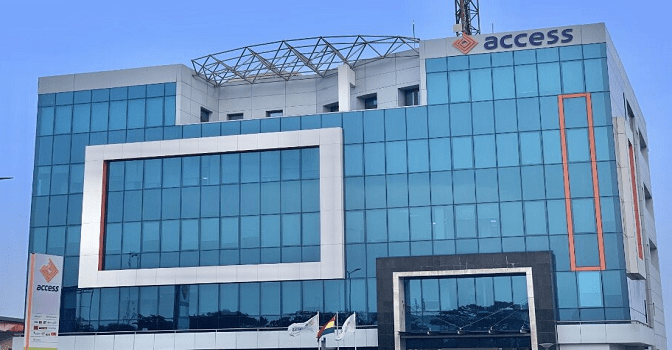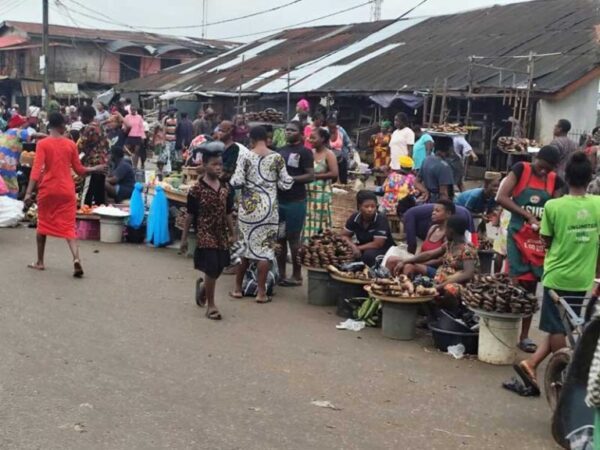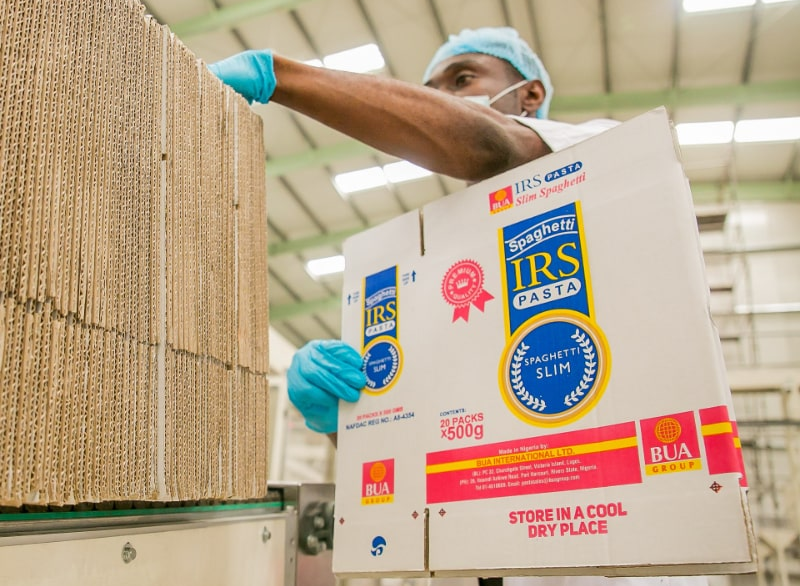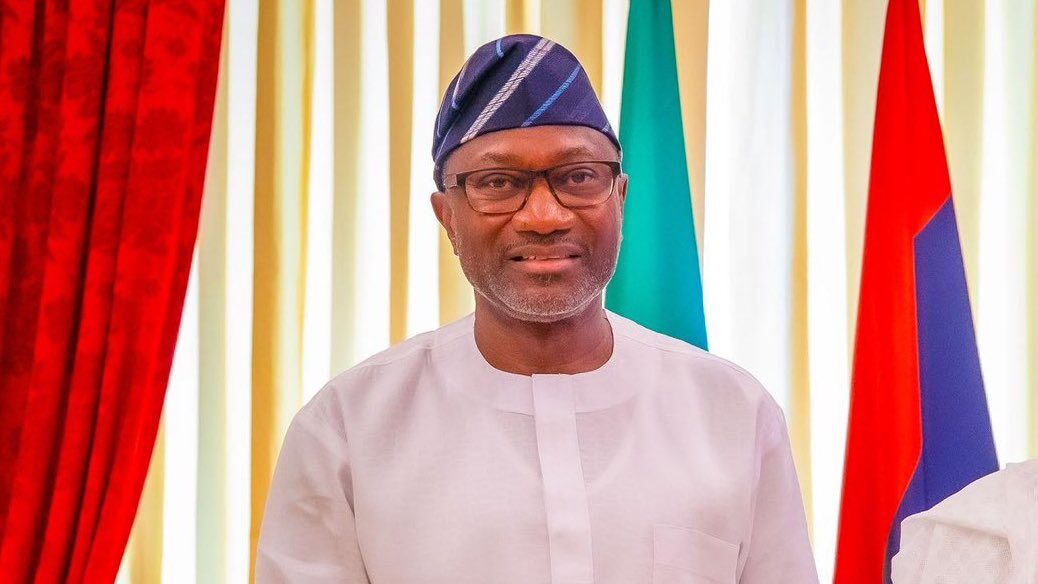Back on Washington’s Watchlist, Ordinary Nigerians Bear the Burden
Back on Washington’s Watchlist, Ordinary Nigerians Bear the Burden
By Ugo Inyama
When Donald Trump speaks, the world listens, sometimes with outrage, often with disbelief. Yet when Washington labels a nation a “Country of Particular Concern”, it sounds like a diplomatic technicality. Behind that phrase lies a powerful verdict that reshapes how the world views a country and how its citizens are treated across borders.
Nigeria’s recent return to this list under the United States International Religious Freedom Act (IRFA) has stirred official anger in Abuja and debate among citizens. But the real question is not what it means for politicians. It is what it means for ordinary Nigerians trying to study, trade, invest, or travel abroad.
A Label That Filters Down
In today’s interconnected world, perception is everything. When a country lands on a watchlist, that label spreads through databases long before nuance does. Country of Particular Concern becomes a filter on investors’ screens, a checkbox in immigration systems, and a whisper in visa offices.
For millions of Nigerians abroad, it means extra questioning, extended processing times, and a quiet suspicion that their passport represents risk.
These invisible barriers amount to a kind of reputational tax. Banks impose stricter checks on transactions. International schools demand additional documentation from students. Investors hedge against Nigerian markets, citing instability or governance risks. None of these actions is mandated by Washington, yet all are driven by the shadow the label casts.
The Irony of the Label
Ironically, the CPC list is meant to promote religious freedom, yet its ripple effects often constrain the freedoms of ordinary people. The United States Congress designed the designation to hold governments accountable for tolerating religious violence. Nigeria’s inclusion stems largely from reports of attacks on Christians and the failure to prosecute perpetrators.
It is presented as a moral stance, but for citizens, it feels like collective punishment. They neither make policy nor command militias, yet they are the ones whose visas are delayed, whose job applications abroad are questioned, and whose investments face extra scrutiny. The CPC tag, though aimed at those in power, ends up defining the reputation of millions who have no power to change the conditions that caused it.
Economic and Diplomatic Implications
The economic consequences are subtle but real. International lenders and investors interpret such designations as warnings about instability. In a global financial system driven by perception, being seen as high risk means higher borrowing costs and fewer investment commitments.
Foreign direct investment in Nigeria has already fallen from 8.8 billion dollars in 2011 to less than 500 million dollars in 2023, according to UNCTAD. A label that suggests moral or political danger only deepens investor hesitation.
Development partners may also adjust their strategies. When a country is tagged for poor governance or human rights violations, aid agencies often reroute funding through NGOs instead of government ministries. This undermines state capacity and denies institutions the chance to grow stronger. Over time, the country becomes more dependent on external actors to manage domestic challenges.
Diplomatically, Nigeria’s image takes a hit. For a country aspiring to continental leadership, being portrayed as intolerant weakens its credibility in global forums. It dulls the soft power Nigeria once wielded through its music, films, and entrepreneurial spirit. A nation of more than 230 million people should project confidence and diversity, not division and repression.
The Citizens Burden
The global system rarely distinguishes between a government and its people. A single act of state failure can stain the identity of an entire nation. For Nigerians in the diaspora, the CPC label is another layer atop stereotypes about corruption and insecurity. It deepens prejudice in visa offices and at border controls.
Students may find their scholarship applications more heavily scrutinized. Entrepreneurs face delays in opening bank accounts or registering businesses abroad. Even remittances, a lifeline for millions of families, can be flagged more often for compliance checks. What begins as a moral statement in Washington becomes a daily administrative burden for Nigerians everywhere.
Religion, Reality, and Responsibility
Nigeria’s reality is complex. Religious tension is real, but so are ethnic rivalry, poverty, and political failure. Often, what the United States perceives as persecution is, for Nigerians, a symptom of weak governance and the absence of justice. The issue is not a war of faiths but a failure of fairness.
Yet instead of addressing these root causes such as impunity, unemployment, nepotism, tribalism, and divisive politics, Nigerian officials often respond with indignation. They dismiss the label as foreign interference rather than confronting the failures that sustain it. That defensiveness only strengthens the perception that Nigeria is unwilling to reform.
What Should Be Done
If Abuja wants to change the narrative, it must act, not argue. That means prosecuting those responsible for religious and communal violence, protecting minority communities, and ensuring equal treatment for all faiths under the law. It also means investing in education, jobs, and security to remove the fertile ground on which intolerance grows.
Nigeria’s diplomats must reframe the story. They should engage Washington not with denials but with evidence of reform and inclusion. Every Nigerian mission abroad should actively counter negative perceptions by showcasing coexistence, creativity, and resilience, which represent the country’s true story.
Citizens too have a role to play. Diaspora groups and religious leaders must show that faith in Nigeria is not a cause for conflict but a source of community. The world must see that most Nigerians, Muslims, Christians, and traditionalists, live and work together in peace.
Beyond Labels
The danger of the Country of Particular Concern designation is that it freezes a nation’s identity at its worst moment. It defines people by their problems rather than their potential.
For Nigeria, already battling economic distress, insecurity, and declining global confidence, such a label adds another burden. Yet as history shows, labels can be outlived. South Korea, once under similar scrutiny, rebuilt its reputation through democratic reform and investment in its people. Nigeria can do the same if it understands that global perception begins with domestic action. The world sees what we show.
Until then, the CPC tag remains a reminder that when governments fail to protect justice, equity, and tolerance, it is citizens, not politicians, who pay the price.
*Ugo Inyama writes from the African Digital Governance Centre, Manchester, United Kingdom
www.africandgc.org
By Ugo Inyama When Donald Trump speaks, the world listens, sometimes with outrage, often with disbelief. Yet when Washington labels a nation a “Country of Particular Concern”, it sounds like
Read more






